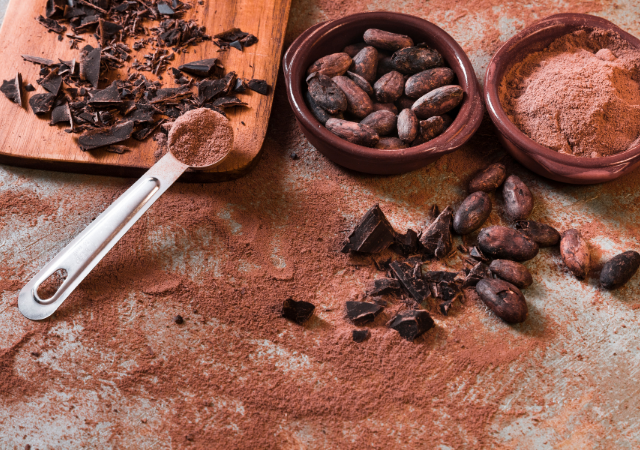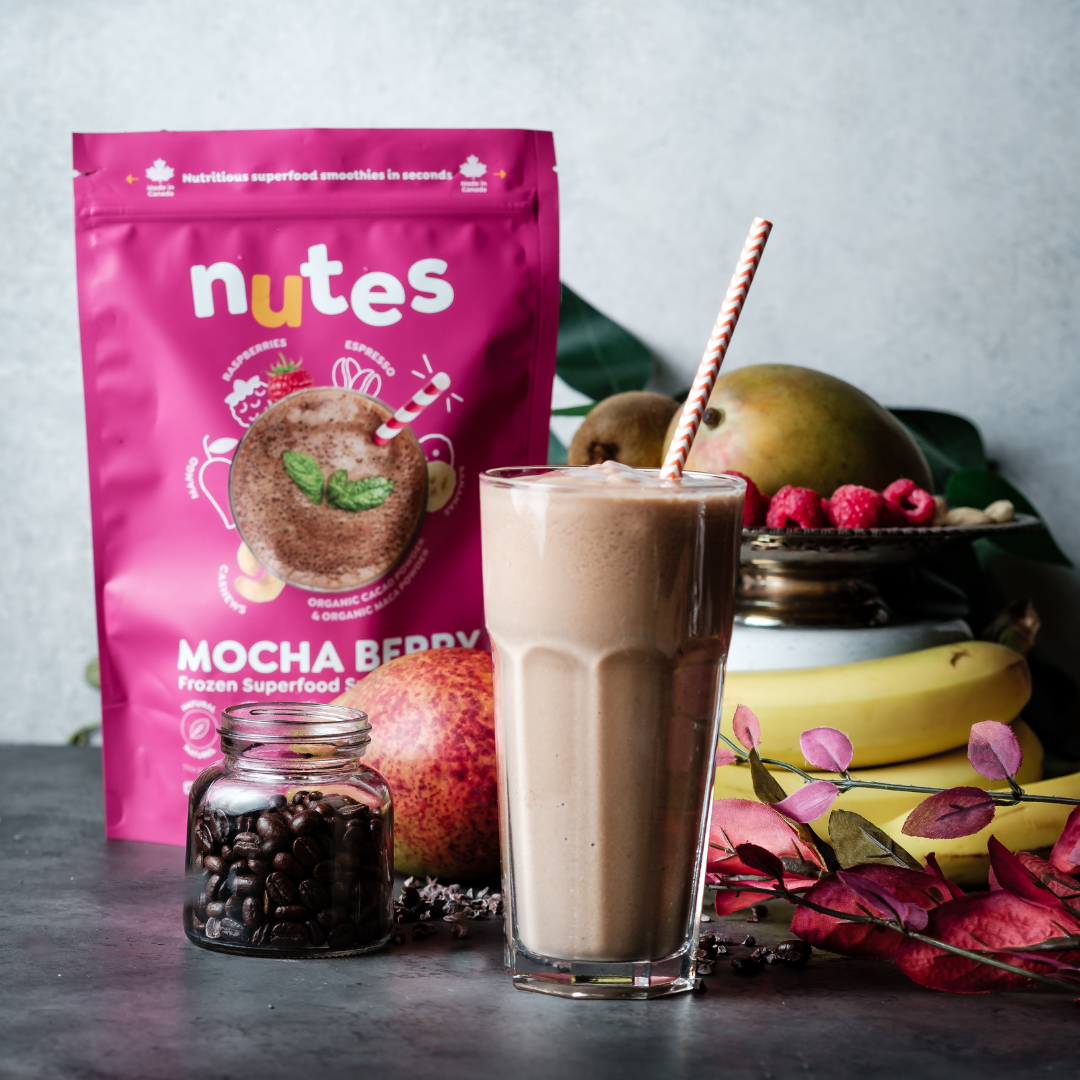Migraine Diet: Healthy And Practical Ways To Prevent Migraine Triggers

Have you ever compromised social gatherings, work, and time with your family due to headaches? That indeed is a disruption that nobody would ever want.
The most common type of headache usually lasts for four hours on average. However, if it persists for longer, making you sensitive to light, sound, and noise, you might be experiencing a migraine. Migraine headaches go beyond a common tension headache can become debilitating.
According to the World Health Organization, migraine attacks are the most disabling illnesses. It is a neurological disease that is more common than asthma, diabetes, and epilepsy combined. For the record, there are 1 billion people worldwide who struggle with migraines.
Before migraines take over your functionality and bear a massive impact on your life, it may be beneficial to examine and consider their possible triggers.
What Causes Migraines?
Scientists and medical professionals are not yet sure as to how migraines emerge. But one angle they are looking at includes brain chemical imbalances. There are also other reasons why you may experience a migraine. Among those include genetics, age, and gender.
Women experience migraines more often than men. Hormones, particularly estrogen, including medications like birth control, can trigger headache woes. However, these are risk factors you cannot always control. But you can still take actions towards independent variables that are also at play. Some of which include:
Your Stress Level - The stress you experience from your everyday life as you juggle your responsibilities can trigger a migraine. You may want to loosen up a bit through yoga. This mindful exercise will help minimize tension in the area where the pain stems. It could be from your head, shoulders, or neck.
Changes In Your Sleep Cycle - Changes in your body clock may also trigger migraines. Consider resting in a quiet, dark place so you can drift off to sleep immediately. Although experts believe that not all headaches respond to well sleep, the chemical that your brain releases during rest may relieve your pain.
Sensory Stimuli - One trigger of migraines includes glaring lights, banging sounds, and ranking smells. One way to counter this is by sniffing lavender. A study from European Neurology has shown that smelling lavender for 15 minutes can reduce headache severity.
Which Foods Trigger Migraines?
Before you modify your migraine diet, below is the list of foods that can trigger migraines.
Alcoholic Beverages - Researchers believe that alcohol, such as wine, can trigger migraines due to tyramine. Tyramine is an amino acid that reduces serotonin levels in the brain, causing the dilation of blood vessels. Thus, it is advisable to cross this out of your migraine diet. Instead, you may substitute it with a more nutritious and easy to prepare staple drink, such as smoothies.
Caffeine - Drinking coffee triggers migraines too. Caffeinated drinks narrow your blood vessels. So, whether you increase, reduce, or entirely stop, it can bring sudden changes to your brain. These changes can impact blood flow, causing painful withdrawal headaches.
Chocolates - Like wine, chocolates also contain tyramine. Studies have shown that women are at high risk of migraines because of sugar intake. You can replace your sweet cravings with healthy drinks such as smoothies. You can have it for snacks, whenever and wherever you go.
Remember: Migraines are a bit tricky. Their causes and symptoms are inconsistent. So, it is vital to keep a record of the foods that you eat before they occur. It will help your doctor determine whether foods rich in tyramine are really triggering for you.
As you plan to revamp and be more mindful and intentional with your diet, here are other additives and processed foods that may also be triggering:
- Dairy products
- Eggs
- Citrus foods
- Tomatoes and Onions
- Nuts
- Wheat, including bread and pasta
- Aged cheeses
- Food additives, such as MSG
Migraine Diet: List Of Healthy Foods
Making some migraine diet modifications can lessen the possible triggers. One proven way to do that is to add a plant-based twist to your meals. A study conducted by Physicians Committee Researchers shows how these superfoods lessen the effects of migraines. They call the process an elimination diet, which entails all triggering foods with healthy ones for two weeks.
Below are the ultimate superfood ingredients that are beneficial for reducing migraines.
Avocados - Adding this to your migraine diet can keep the pain at bay. Avocados are rich in brain-supportive fats, magnesium, potassium, and B-vitamins that are good for brain health.
Cucumbers - This is also a good option for your migraine diet plan. Because they consist of 97% water, it helps you meet your daily fluid needs. Lack of fluids and nutrients is also known to be one of the top causes of headaches.
Bananas - This superfood is a natural headache reliever. It is rich in magnesium, potassium, B-vitamins, and carbohydrates. However, it contains tyramine, so people who are sensitive to it should be extra careful when including it in their migraine diet.
Ginger - It can be a prime source for a low-tyramine diet as this spicy aromatic root can increase your serotonin levels.
Leafy Greens - There is new research conducted by the Queensland University of Technology in Australia that says eating foods rich in folate reduces the frequency of migraines.
Spinach is one ideal ingredient to add to your migraine diet. It is abundant in magnesium, a substance with migraine-relieving properties. For the record, a cup of spinach can already provide you with 24 milligrams of magnesium. This ingredient is also popular, particularly in smoothies. If you are someone who is too busy with work and does not have ample time to cook, you can simply add it to your drink.
Nutritious Diet For Migraine Relief
It is a no-brainer how migraines can take a toll on your productivity and relationship with people. Not to mention the long duration before you recover. Indeed, the significance of understanding your triggers can help you stay proactive against future harm.
Still, you have to keep in mind that migraines are complicated. Thus, you cannot rest everything solely on food. As the notable saying goes, “if symptoms persist, always consult your doctor.”



Comments